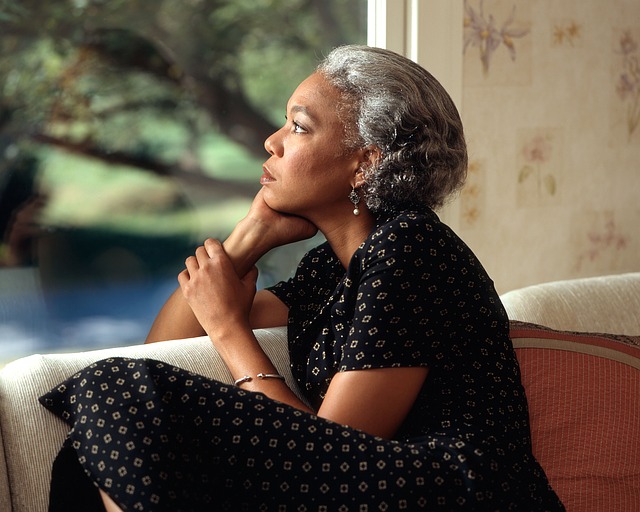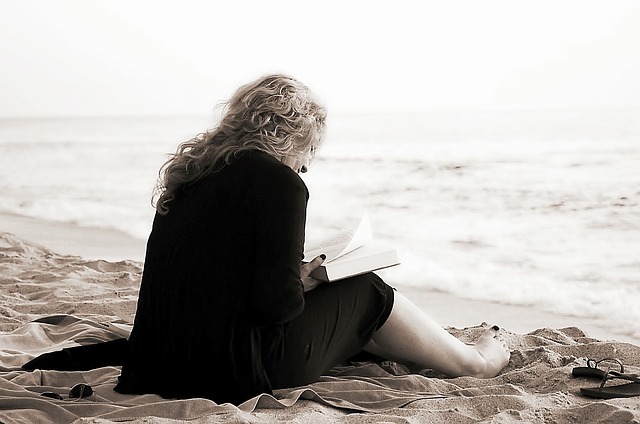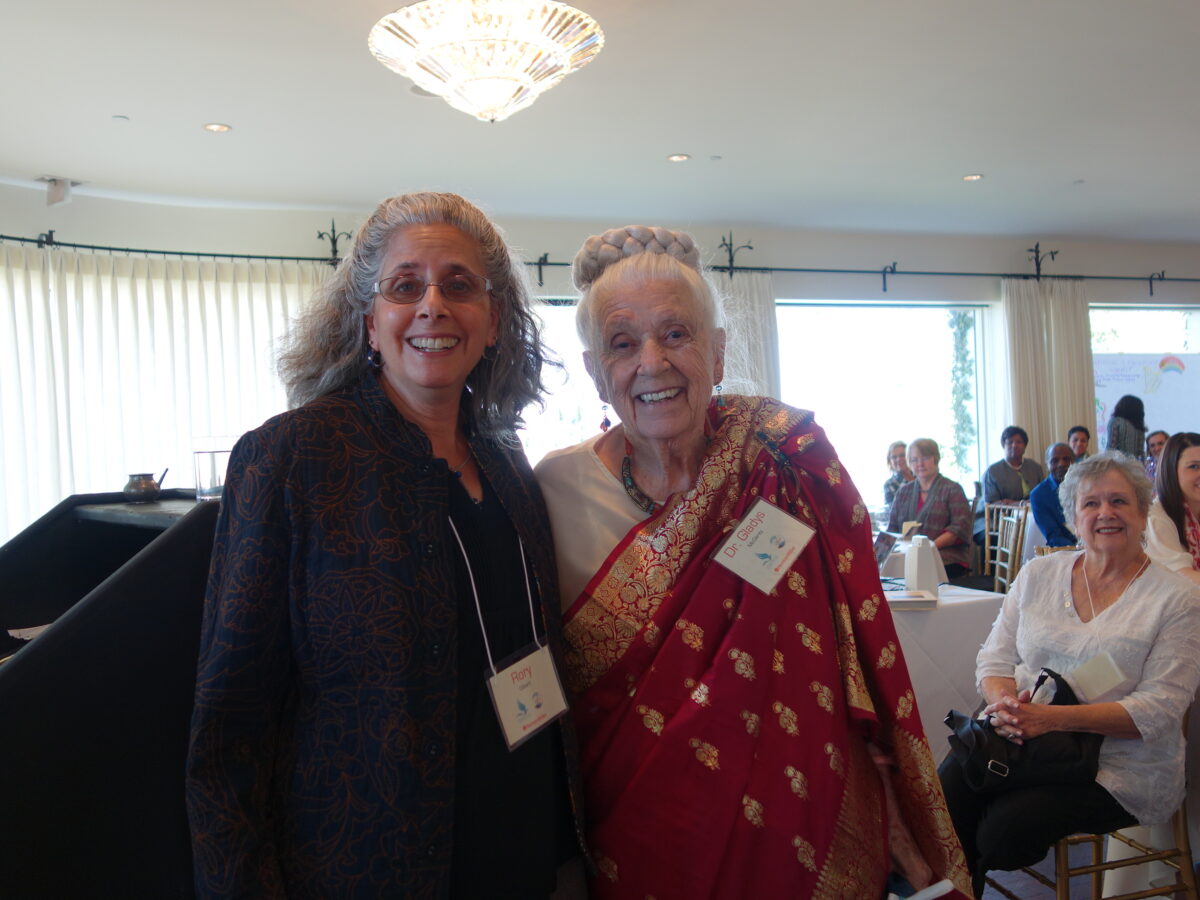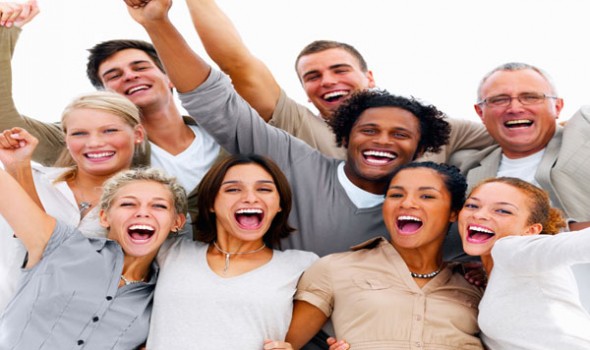When the Going Gets Rough: Turn to Wonder
We have been conditioned to believe in a direct link between action and reaction, cause and effect. Something happens (you do something) and I respond. This leads us to think we do not have control over our reactions to our environment…you made me mad! You hurt my feelings!
What we know however, is that context influences our reactions. In psychology there is an entire therapeutic practice based on this – cognitive-behavioral therapy. It is premised on the concept that between cause and effect is my interpretation of the situation…and this influences my response.
A dear friend of mine has often said, “When you love someone, you can tolerate just about anything…once you fall out of love, the way they brush their teeth can make you crazy.”
I used to carpool with a friend who had a baby daughter. Towards the end of the work day, she got a call from the sitter that her little one started spiking a fever. My friend called the doctor and was told the office would squeeze them in if they could get there by 5:30. We left the office immediately and hurried to the sitter. Of course, it was rush hour and there was road construction. A lane on the road was closed up ahead and everyone was merging. How would we make it on time? I am not sure of your attitude toward the people who whiz by you when the lane is ending, but I have always considered them selfish, arrogant, pushy… And yet, I opted to zip down that merge lane to the very end to save us precious time…and someone graciously let me back in! We made it to the sitter and my friend and her sweet baby made it to the doctor’s office on time!
Why do I share this story? It is about context. Now when people are whizzing by me in the merge lane, I stop myself from getting upset and wonder where they might be hurrying to, what might be going on in their lives.
When things get rough, turn to wonder. The Center for Courage and Renewali developed touchstones for their Circles of Trust, one of which is the focus of this month’s blog entry. “When the going gets rough, turn to wonder.” ii
Rather than create and act on my own understanding about what is happening, why people are doing what they are doing, what their motivations might be, I can step back and reflect. If I assume most people have good reasons for their behavior, what could they be?
Most people are able to defend their actions. I don’t have to agree with their justification or decision, but how does it impact my reaction if I at least understand why they are doing what they are doing. Does it soften my response? Do I have a chance of building relationship rather than destroying it? Can my understanding bring us closer, rather than increase distance?
My challenge is to discipline myself to take that step back and consider alternative explanations. I aspire to be open minded and a life-long learner. The practice of turning to wonder seems an ideal technique to help me achieve those aspirations. Now if only I could help others do the same…
I have several colleagues, friends and even family members who are convinced that they know other people’s motives and intent, without ever checking to see if their assumptions are true. When I see things differently, I have a hard time even inviting them into my world. I find myself shutting down instead and avoiding the conversation at all because I see them as unwilling to even consider another point of view.
What if I could invite them to turn to wonder…it doesn’t mean they have to change their conclusion, but to at least entertain the possibility that there is more than one way to see things. We know that perspective taking increases innovation and creates a more inclusive and accepting environment.
I wonder:
- If asking them to turn to wonder could be a more acceptable and approachable way for them to consider other options?
- If I could connect with them instead of shutting down?
- Why they think their way is the only right way?
- Why it is so important for me to influence their way of thinking?
There are so many possibilities. What do you wonder about?
____________________________________________________
i The goal of the Center for Courage and Renewal is to strengthen relationships, build trust and empower people to create a better world. All of us have the capacity to lead from where we are to influence our environments for good. They do this through Circles of Trust. http://www.couragerenewal.org/
ii When the going gets rough, turn to wonder. Turn from reaction and judgment to wonder and compassionate inquiry. Ask yourself, “I wonder why they feel/think this way?” or “I wonder what my reaction teaches me about myself?” Set aside judgment to listen to others—and to yourself—more deeply.





